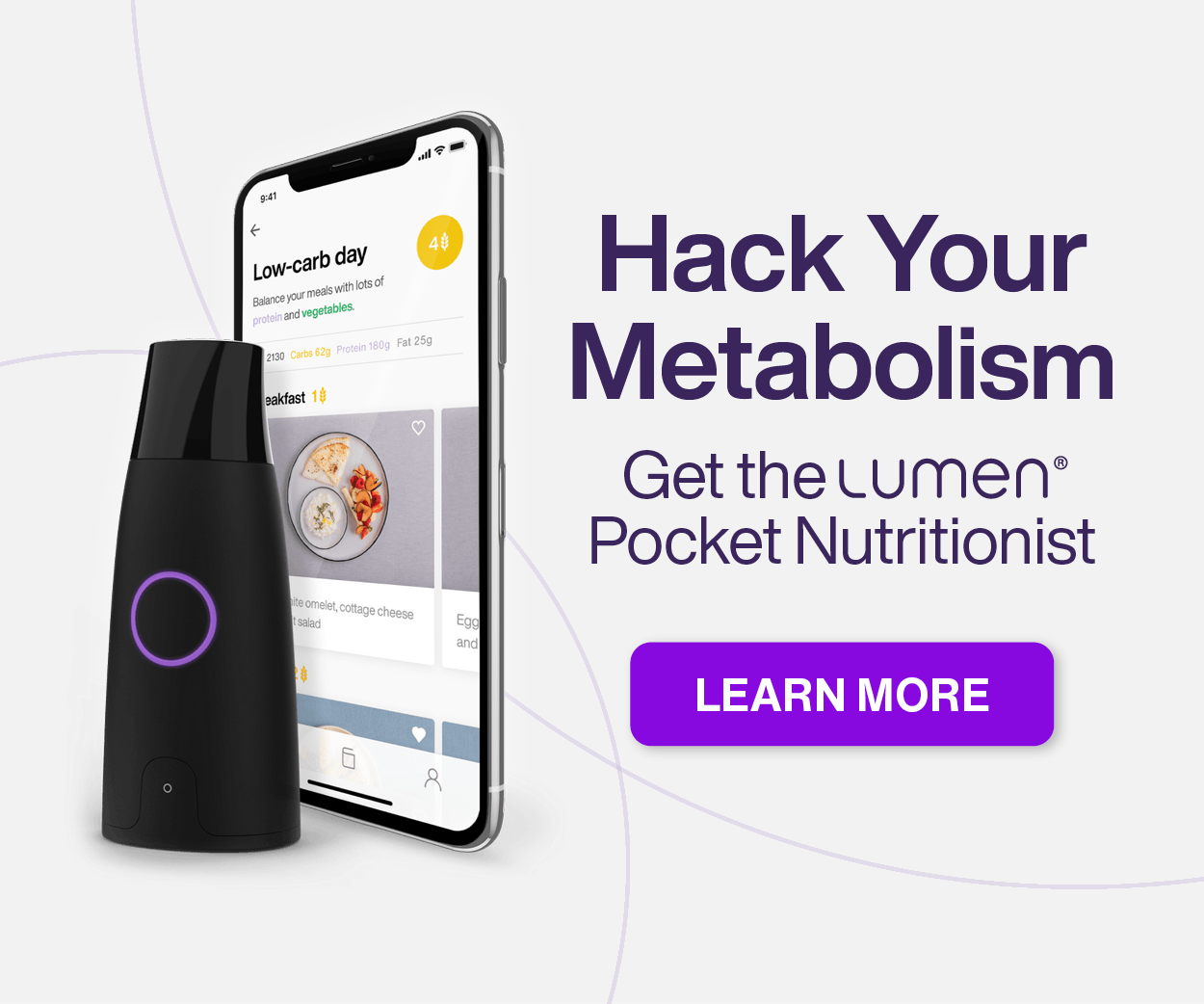
By: Stephanie Heino
The human body plays host to a number of micro-organisms, most of which are our friends. But we do have some that create imbalances which show up in your overall health. Our colon has the largest microbial community in the body, and this is where the micro-organisms live. In this part of the body, the bacterial population usually doubles once or twice a day. Many of these bacteria are, of course, also eliminated during the course of the day, so that a healthy balance is maintained. Under normal circumstances, the microbial community in the colon – which includes more than 300 different species of micro-organisms – regulates itself. These micro-organisms normally prevent infection and growth of “bad” bacteria (parasites like Salmonella and clostridia, for instance), and have a positive effect on nutrition.
However, the intestinal flora of the colon can very easily be disturbed. This may change the balance of normal micro-organisms in the colon greatly. Several factors, like stress, altitude changes, starvation, parasitic organisms, diarrhea, and use of antibiotics, could contribute to such an imbalance.
When the balance is disturbed, one can become susceptible to disease. In these circumstances, boosting the numbers of “good” bacteria present in the gastrointestinal tract can be particularly useful. This is where probiotics come into play. Probiotics are microbial foods or supplements that can be used to change or improve the intestinal bacterial balance to boost the health of the host. The most common forms of probiotics include Lactobacillus and bifidobacteria. These good guys destroy the overgrowth of toxic bacteria by competing for attachment sites and nutrients in the gastrointestinal tract. Lactobacillus and bifidobacteria also produce organic acids that reduce the intestinal pH and retard the growth of “bad”, acid-sensitive bacteria.
If you are like me, and aren’t a fan of fermented dairy products, there are tons of other forms of fermented foods, such  as sauerkraut (white cabbage cut finely, salted and fermented in its own liquid shown in picture) or kimchi, miso (a thick paste made from fermented and processed soy beans) and tempeh (a dish made from split soybeans and water), which are also cultured with Lactobacillus, bifidobacteria, and other forms of beneficial bacteria. However, the potency and number of live organisms in commercial products may vary greatly. And many manufacturers are finding it difficult to overcome technical problems, especially in terms of keeping the micro-organisms alive under unfriendly conditions.
as sauerkraut (white cabbage cut finely, salted and fermented in its own liquid shown in picture) or kimchi, miso (a thick paste made from fermented and processed soy beans) and tempeh (a dish made from split soybeans and water), which are also cultured with Lactobacillus, bifidobacteria, and other forms of beneficial bacteria. However, the potency and number of live organisms in commercial products may vary greatly. And many manufacturers are finding it difficult to overcome technical problems, especially in terms of keeping the micro-organisms alive under unfriendly conditions.
When it comes to intestinal health, we also need to consider prebiotics, which are non-digestible carbohydrates that act as food for probiotics. When probiotics and prebiotics are combined, they form a symbiotic relationship. Prebiotics include foods like dietary fiber that nourish the beneficial micro-organisms in the gut. It is therefore essential to include enough fiber in the diet by eating fruit, vegetables and whole-grains, as well as bananas, onions, garlic, honey and artichokes.
So if you are not a fan of dairy (like me!) make sure to get enough of these foods, or choose a dietary supplement like NOW Dairy-Free Probiotic-10. You don’t necessarily need probiotics to be healthy. However, these microorganisms may help with digestion and offer protection from harmful bacteria, just as the existing “good” bacteria in your body already do.
Probiotics may help to:
- Treat diarrhea, especially following treatment with certain antibiotics
- Prevent and treat vaginal yeast infections and urinary tract infections
- Treat irritable bowel syndrome
- Reduce bladder cancer recurrence
- Speed treatment of certain intestinal infections
- Prevent and treat eczema in children
- Prevent or reduce the severity of colds and flu
Like this:
Like Loading...
 Some of the most exciting research in health and nutrition these days is around the vital role our gut flora (read: healthy bugs and microbes in our stomach) plays in our overall health, beyond just digestion. Having enough beneficial bacteria in your gut is linked to healthy weight loss, better moods, less anxiety, stress, and depression, increased immunity, clearer skin, and better bladder and reproductive health. Of course, fermented foods also make you more regular, eliminate gas and bloating, and relieve stomach aches!
Some of the most exciting research in health and nutrition these days is around the vital role our gut flora (read: healthy bugs and microbes in our stomach) plays in our overall health, beyond just digestion. Having enough beneficial bacteria in your gut is linked to healthy weight loss, better moods, less anxiety, stress, and depression, increased immunity, clearer skin, and better bladder and reproductive health. Of course, fermented foods also make you more regular, eliminate gas and bloating, and relieve stomach aches!












